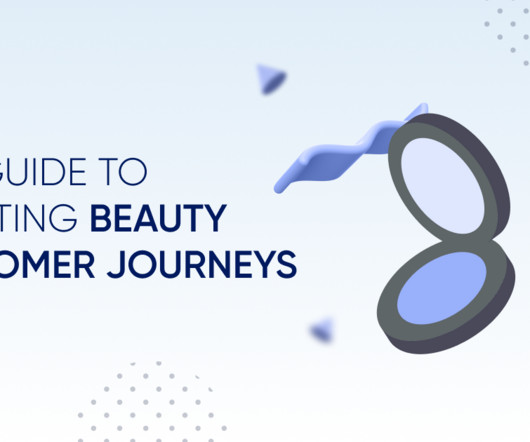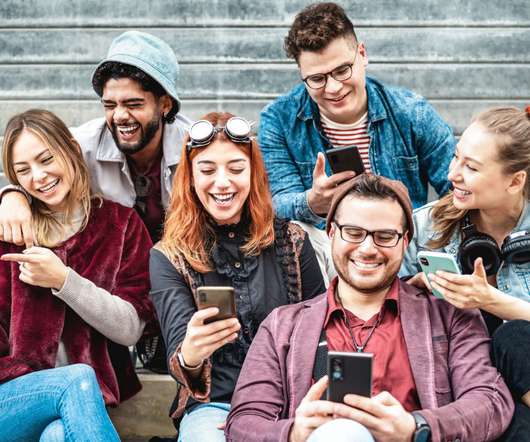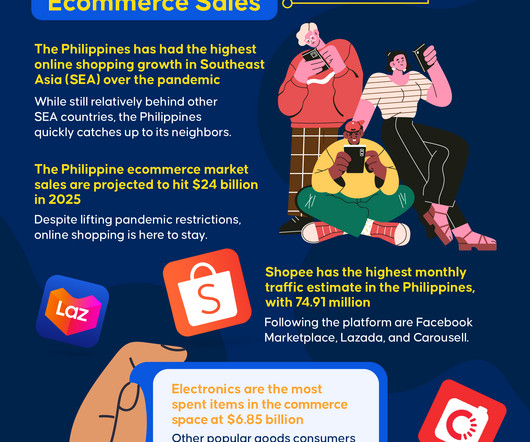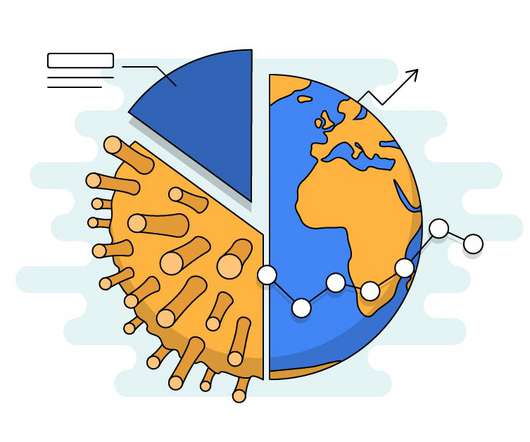10 Ways to Market to Gen Z
Power Digital Marketing
FEBRUARY 18, 2019
Although the oldest Gen Zs are just now graduating college or entering the workforce, the newest generation is already having a major impact on all industries. Born between 1995 and 2009, Generation Z has developed distinct qualities that are making marketers rethink their strategies for the near future.














Let's personalize your content